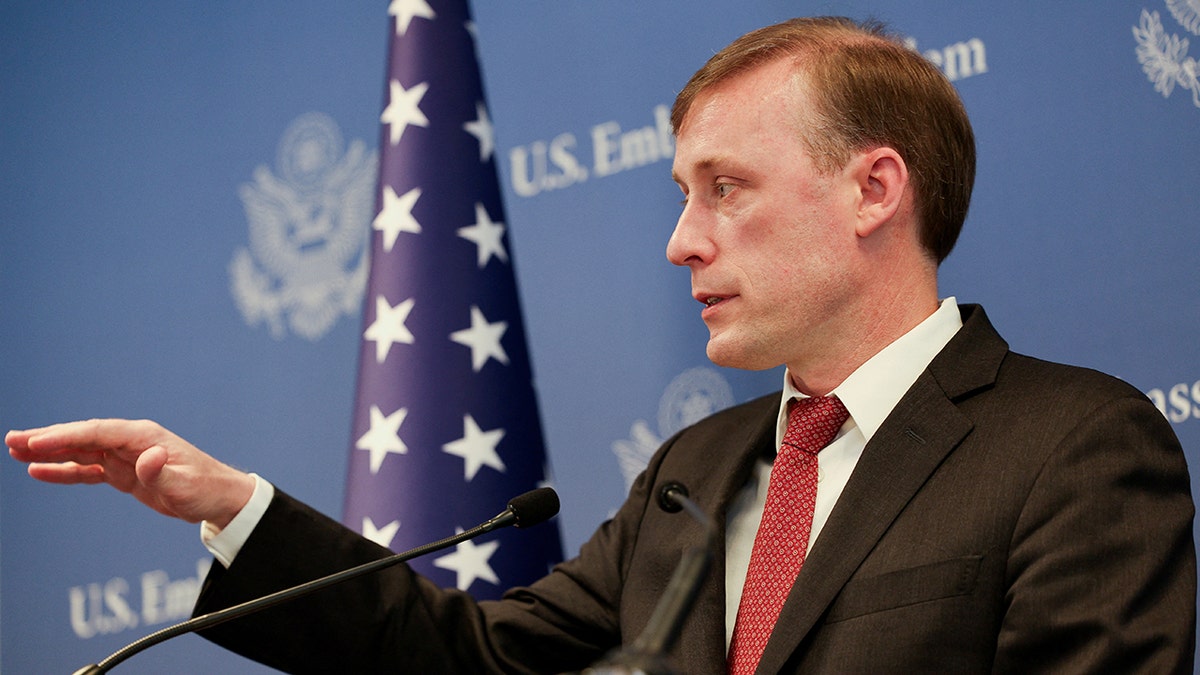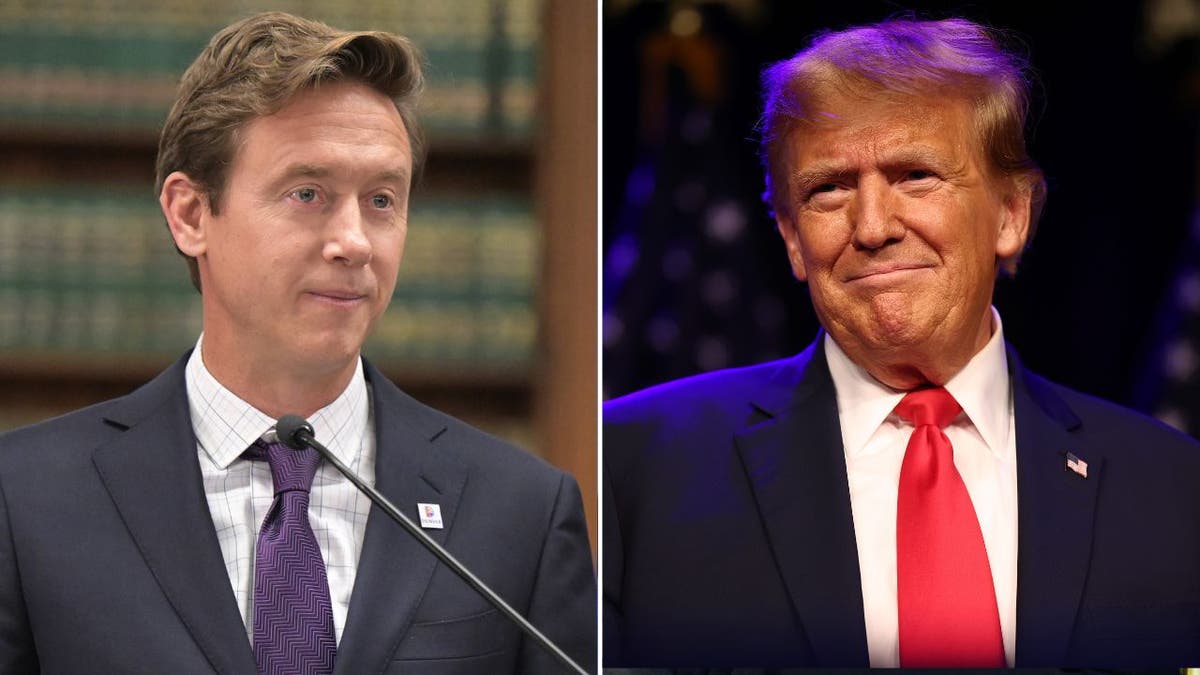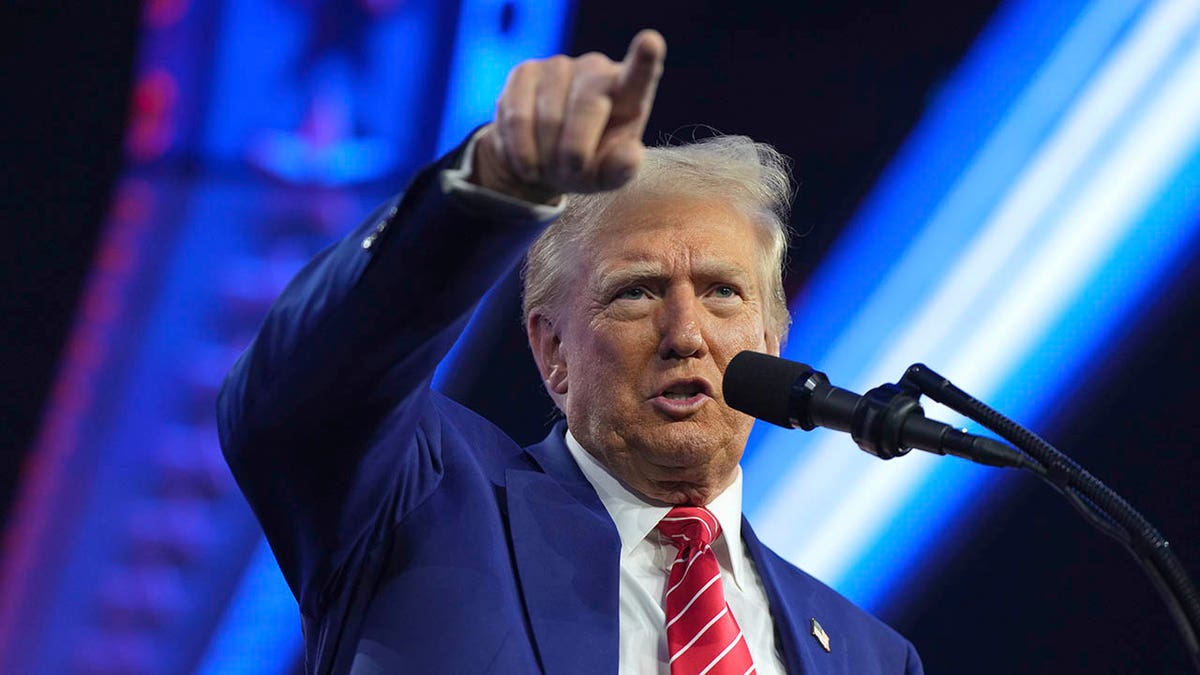According to a recent report by Washington Post columnist David Ignatius, National Security Adviser Jake Sullivan reportedly offered his resignation to President Biden following the tumultuous 2021 withdrawal from Afghanistan. Ignatius, who interviewed Sullivan and several of his colleagues for a piece reflecting on the Biden administration's tenure, revealed that the President declined Sullivan's offer. The withdrawal reportedly strained relationships within the national security team, particularly between Sullivan and Secretary of State Antony Blinken, disrupting the initial harmony of the administration.
The withdrawal, which resulted in the tragic loss of American service members and the Taliban's resurgence, has been a point of contention. Sullivan, defending the decision, stated that leaving Afghanistan was a complex but necessary step, allowing the U.S. to focus on addressing Russia's invasion of Ukraine, a response that might have been hampered by continued involvement in Afghanistan. He argued that the choice was between a difficult exit and an indefinite stay.

The image above shows White House national security adviser Jake Sullivan speaking during the daily briefing at the White House in Washington, D.C., on May 22, 2024.

This image depicts National security adviser Jake Sullivan speaking during a press briefing regarding the conflict between Israel and Hamas in Tel Aviv, Israel, on Dec. 15, 2023.
Ignatius's report also highlighted the Pentagon's resistance to a full troop withdrawal, advocating for a residual force in Kabul. While Sullivan initially shared these concerns, he ultimately committed to executing Biden's complete withdrawal plan. Interestingly, Alex Ward, author of "The Internationalists" and a national security reporter for the Wall Street Journal, noted that his sources, who were also advisers, contradicted the resignation offer claim. Both the White House and the National Security Council have yet to comment on the report.
In his interview with Ignatius, Sullivan offered a self-assessment of his performance, highlighting strengthened alliances, weakened adversaries, avoidance of major wars, improved strategic positioning against China, stabilization of U.S.-China relations, and bolstering of American economic and technological power.








